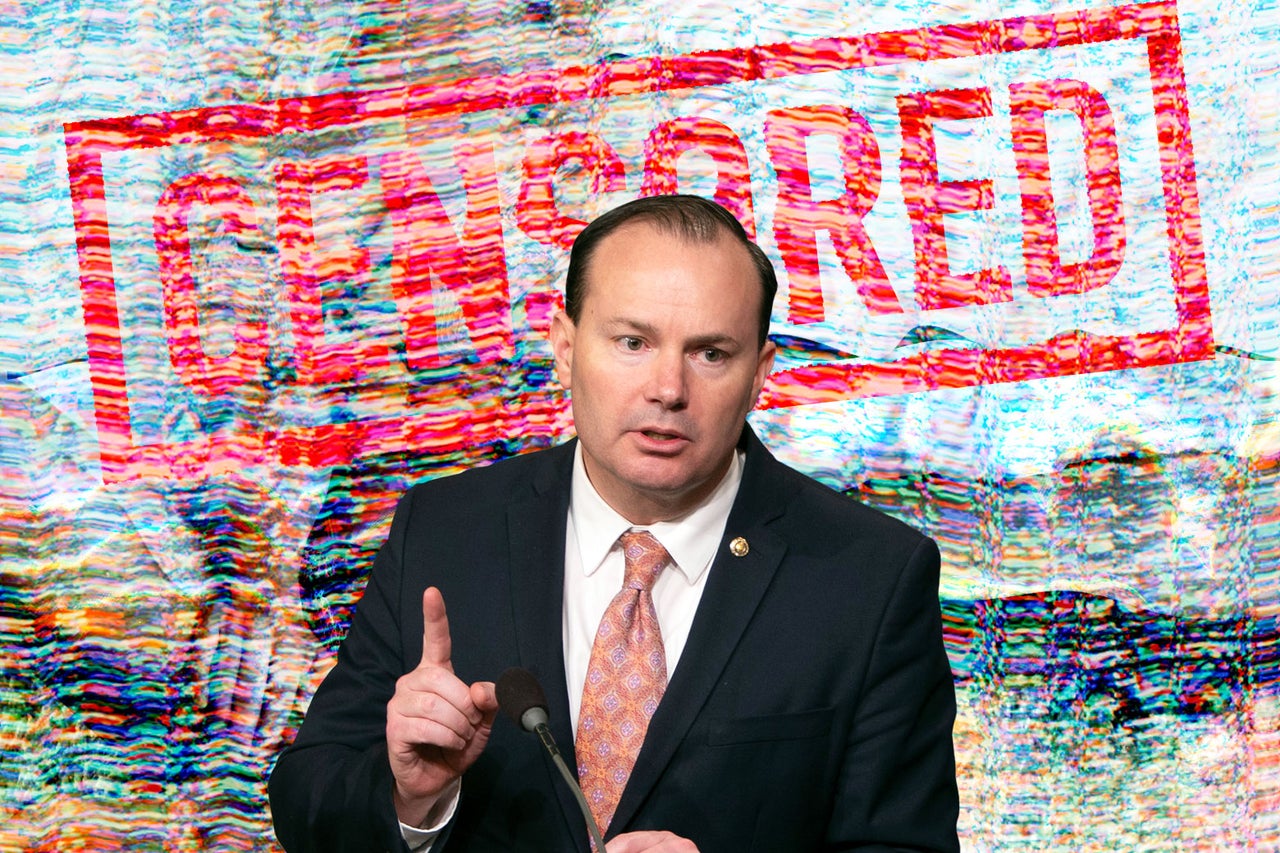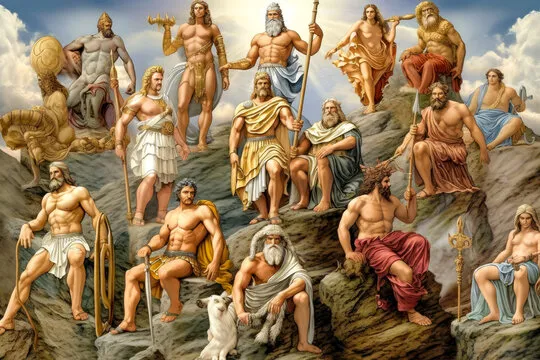- 86 47, and 86 46;
- The GOP’s new anti-porn bill, and the US’s puritan legacy;
- Richard Dawkins on belief in god.
I almost thought this would be too trivial to mention, except that Heather leads last night’s column with it, and there’s a further salient point she doesn’t mention.
Letters from an American, Heather Cox Richardson: May 16, 2025.
MAGA world is performing over-the-top outrage over a photo former Federal Bureau of Investigation director James Comey posted on Instagram, where he has been teasing a new novel. The image shows shells on a beach arranged in a popular slogan for opposing President Donald J. Trump: “86”—slang for tossing something away—followed by “47”, a reference to Trump’s presidency.
Using “eighty-six” as either a noun or a verb appears to have started in the restaurant industry in the 1930s to indicate that something was out of stock. It is a common term, used by MAGA itself to refer to getting rid of somebody…until now.
MAGA voices are insisting that this image was Comey’s threat to assassinate the president. Trump got into the game, telling Brett Baier of the Fox News Channel: “that meant assassination. And it says it loud and clear…. [H]e’s calling for the assassination of the president…that’s gonna be up to Pam and all of the great people…. He’s a dirty cop.” Trump’s reference to Attorney General Pam Bondi and law enforcement paid off: yesterday, Homeland Security Secretary Kristi Noem said that the Department of Homeland Security and the Secret Service are investigating Comey. He showed up voluntarily at the FBI headquarters in Washington, D.C., today for an interview.
I’ve heard ’86’ before as slang for throw away or toss out, but never as ‘assassinate.’ But the ironic, hypocritical thing here — that further salient point — is that there’s been a market for “86 46” merchandise, like shirts, for years:
Were those assassination threats too?
\\
What are these people thinking?

Slate, Luke Winkie, 17 May 2025: What’s the Deal With the GOP’s Bizarre New Anti-Porn Bill?
You may have heard that earlier this week, the Republican-controlled Congress floated a piece of legislation that would effectively ban all pornography in the country. That would be a significant incursion on the First Amendment, and a mammoth victory for America’s freshly emboldened Christofascist front. But what does this bill really argue? Is a full-blown porn ban legally feasible? And most important, how did we end up in a place where such a regressive policy is culturally palatable? Let’s break it down.
Questions and answers. For example:
I still feel a little queasy about it though, given how the country is backsliding on all sorts of personal liberties.
One thing mainstream media almost never does (and right-wing media *never* does) is wonder if there are movements like this in other countries, especially other Western liberal nations, those who’ve been the US’s allies for decades. My explanation for this, in the US, is our prudish, puritan legacy, grounded in the Old Testament. Which forbids any number of activities that would not lead to reproduction in the ancestral environment, at a time when infant mortality was high. And so the existential dread of parents learning their child is gay: because that would foreclose grandchildren. (Even though that’s not strictly true anymore.)
\\\
Today on Richard Dawkins’ Substack.

The Poetry of Reality with Richard Dawkins, 16 May 2025: Do you believe in God?
Subtitled “This article is an excerpt from Outgrowing God: A Beginner’s Guide (2019) where Richard Dawkins explores the foundations of religious belief, particularly focusing on whether religion is necessary for morality and understanding the world.” (I summarized the book here.)
It begins with the correct response.
Do you believe in God?
Which god?
Because only the extremely homebound or naive person is unaware that there are other religions and other gods; that these religions and gods are all mutually inconsistent; and only the presumptuous or arrogant person believes that the religion they grew up with is the correct one because it is theirs. Few people, it seems, are smarter than that, and reach the correct conclusion.
Thousands of gods have been worshipped throughout the world, throughout history. Polytheists believe in lots of gods all at the same time (theos is Greek for ‘god’ and poly is Greek for ‘many’). Wotan (or Odin) was the chief god of the Vikings. Other Viking gods were Baldr (god of beauty), Thor (the thunder god with his mighty hammer) and his daughter Throd. There were goddesses like Snotra (goddess of wisdom), Frigg (goddess of motherhood) and Ran (goddess of the sea).
It goes on and on.
For those of us not homebound or naive or arrogant, we tend to dismiss the religious believers in a couple ways. One is that religion is a cultural tradition, like cuisine, and is mostly harmless, just as flat-earthers are. (They are *not* harmless when they begin imposing their scruples on all of society, like MAGA current is trying to do, wanting to forbid books and behaviors they think their God disapproves of. This has been a theme of history.) And the other is that most religious people these days don’t actually believe all the supernatural claims of their religious books; they just need that communal identity of like-minded believers as a kind of group solidarity. This is not intellectually honest, but it’s understandable, given human nature. Only a few us can think past the protocols of human nature, to understand why religious beliefs came to exist, to understand why discoveries in recent centuries about the objective world show those beliefs to be false, and why believers refuse to accept them.
My summary of the book on this page included this:
For anyone open to rethinking their childhood beliefs in the light of humanity’s centuries-long examination of the real world, of the universe, this is a good starting point.
Of course, this applies only to people who actually care about the real world; most don’t, and are happy to conform to their communities.







